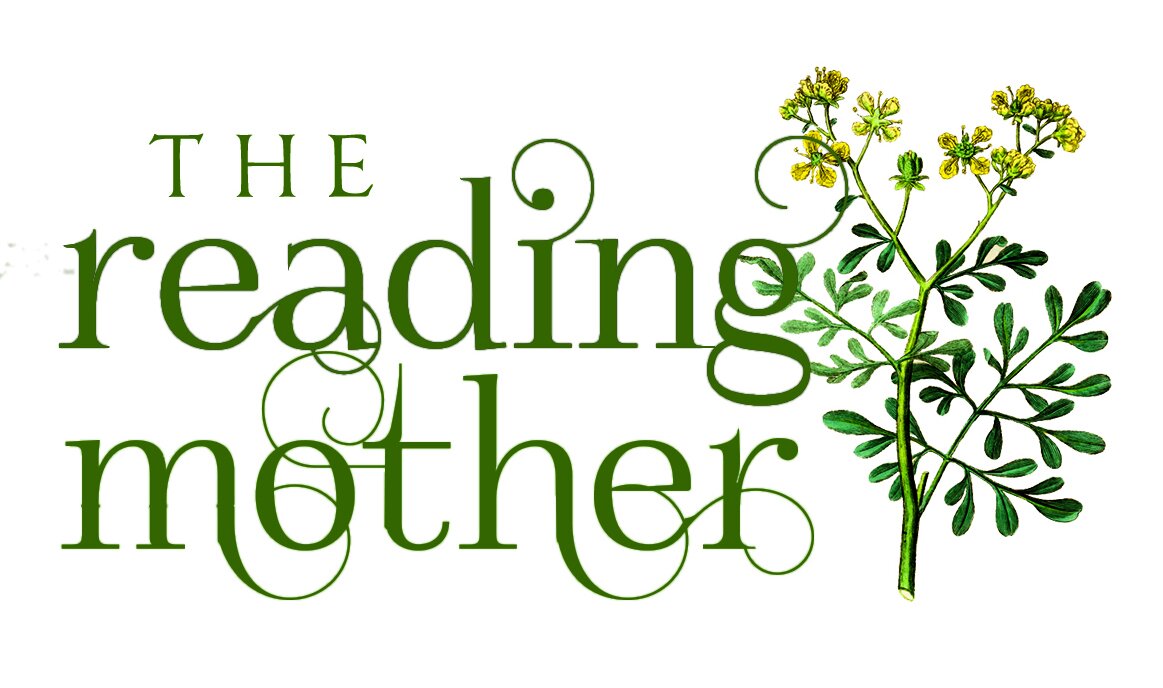Lessons in Compassion From Harper Lee
Lindsay Brigham's recent article at Circe, To Kill A Mockingbird: Compassion Needs Imagination, traces Scout's progress in compassion. Wonderful thoughts on a favorite book, and excellent teaching helps to be filed away for future literature classes.
Readers, including myself and my ninth-grade students, may be so swept up in enjoyment of this beautifully-told story that they do not notice—or, if they do, excuse—Scout’s lack of compassion. Yet compassion, or its lack, will prove the driving force of the story’s plot: each choice of every character reveals a crisis of compassion, from the squabbles in Scout’s backyard to the culminating clash in the courtroom. Ever-so-subtly, Harper Lee sprinkles into the story’s opening chapters and into Scout’s lovable persona the plot’s propelling conflict.
— Lindsay Brigham, Continue reading at Circe
As I read this article and began this blog post a few weeks ago, I was tempted to add my own opinion about the newly published Go Set A Watchman. The only catch was that my opinion was pretty worthless, as I had not actually read the book. So I downloaded the book from the library onto my iPhone, and Reese Witherspoon read it to me last week.
I am so glad that I did. Not because it is a great book, or even a good book. Of course, there are a few flashes of Harper Lee's sparkling prose and more than a few of her classically informed allusions and insights. I did wonder if an ice cream shop would really be open on a Sunday in 1930s Alabama. Furthermore, would there have been a meeting at the courthouse on a Sunday? Those seeming anachronisms actually made me wonder if Harper Lee's original was actually tampered with more than the publishers let on—if some modern editor thought that the timing of the meeting would highlight the hypocrisy of those southern "Christians" even more.
No, the reason I am glad I read it is because it made the lesson of compassion found in To Kill a Mockingbird even more compelling. Scout (TKAM) comes of age appropriately and in a way that reflects humility and grace—the necessary precursors of compassion. Scout's lively imagination is trained and channeled by her father's words and example. Young Scout is innocently unaware of this growth—she simply reports what she sees and thinks—but Jean Louise, looking back from her thirty-somethings, surely is not. This Jean Louise is compassionate and humble. She is not afraid to show the blind spots and shortcomings in the folks around her, including her father, but she does so as one who deeply loves those folks, and as one who knows her own human frailty.
The other Jean Louise (GSAW) is a picture of stunted progress of compassion. I actually spent a good bit of time with a good deal of irritation talking back to her as the story unfolded. She is selfish, self-righteous, ready to believe the worst of everyone around her without really considering whether her undisciplined emotions are accurate in light of the lives which speak a different story. Basically, it's all about her—not about what is ultimately right or wrong, but only about her overwrought, almost teenage-angsty feelings — with all due respect to the teenagers I know, who do not behave in this manner. If we did not already know Scout, this Jean Louise would not even merit our attention. She is not compelling or credible in the least. But since we do know Scout, GSAW's caricature of Jean Louise stands as an object lesson of the dangers of prideful opinions mixed with prejudiced affections.
My first thought was that, yes, the story that this is an original version of To Kill A Mockingbird is correct. Through the providence of an astute editor, the little sparklets of brilliance were divested of the accompanying arrogance, and we are the grateful beneficiaries. This gave me hope that in writing TKAM, Scout's growth in compassion is really Harper Lee's own growth—that she did indeed come to see those in her hometown, as well as herself, in a more compassionate and truthful light.
But another thought presented itself as I listened. I wondered if Harper Lee actually did write (or perhaps, rewrite) GSAW after TKAM became such a success. While the ugliness of racism is revealed—and those words rang true; I heard such things even in the 60s as a young girl—there is another kind of ugliness exposed: that of uninformed arrogance and assumptions. I wonder if she truly meant it as a cautionary tale against such things.
Either way, I want to believe that Harper Lee "came of age" as Scout did.

